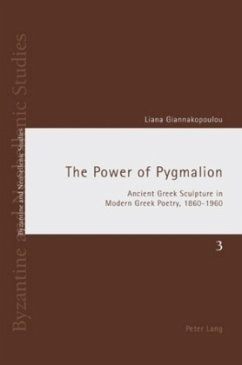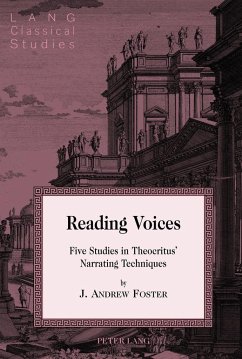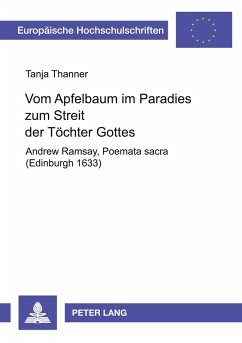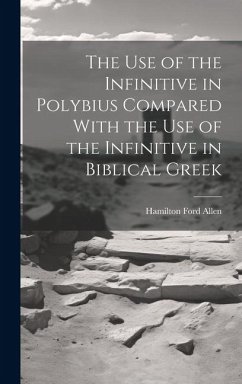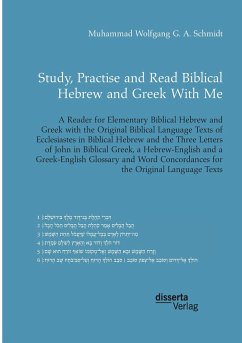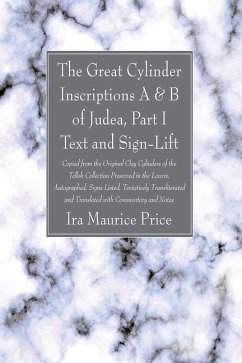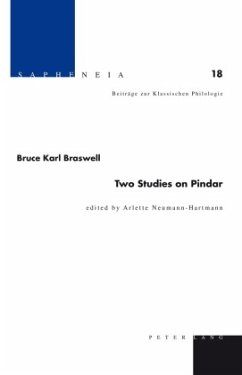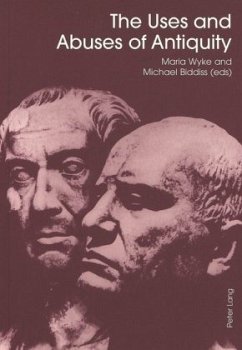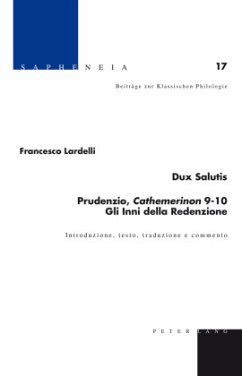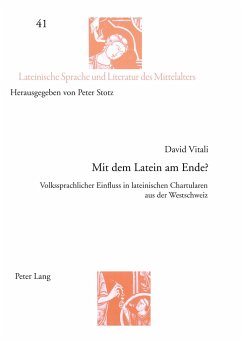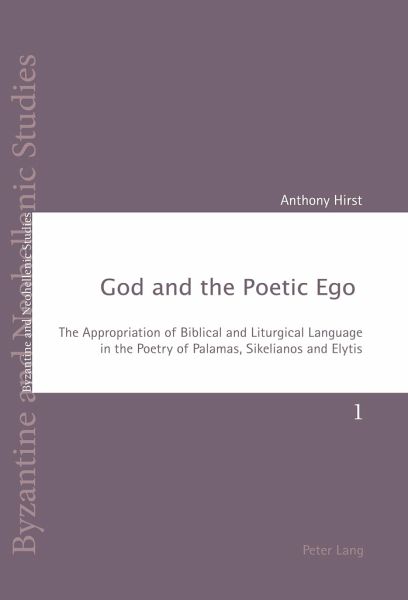
God and the Poetic Ego
The Appropriation of Biblical and Liturgical Language in the Poetry of Palamas, Sikelianos and Elytis
Versandkostenfrei!
Versandfertig in 6-10 Tagen
108,45 €
inkl. MwSt.

PAYBACK Punkte
0 °P sammeln!
The Greek Bible and the services of the Orthodox Church have proved a rich source of language for many poets of modern Greece, and perhaps for none more than for Kostis Palamas, Angelos Sikelianos and Odysseas Elytis, whose overlapping careers span the period 1876-1996. A blurring of the boundaries between Orthodoxy and 'Greekness' (hellênikotêta, which all three poets celebrate) has often led critics to assume from the Christian borrowings in the poetry the Christian allegiance of the poets. Through detailed analyses of selected poems, focusing on their relation to Biblical and liturgical ...
The Greek Bible and the services of the Orthodox Church have proved a rich source of language for many poets of modern Greece, and perhaps for none more than for Kostis Palamas, Angelos Sikelianos and Odysseas Elytis, whose overlapping careers span the period 1876-1996. A blurring of the boundaries between Orthodoxy and 'Greekness' (hellênikotêta, which all three poets celebrate) has often led critics to assume from the Christian borrowings in the poetry the Christian allegiance of the poets.
Through detailed analyses of selected poems, focusing on their relation to Biblical and liturgical source texts, this book questions whether the work of these poets is compatible with Christianity at all. It asks whether a Christ who is assimilated, along with the Virgin Mary, into the ancient Greek pantheon, or presented as a symbol of Beauty, or as object of the erotic desire of the women of the Gospels is still within the realm of Orthodoxy. Above all it asks whether, when the poeticego appropriates to itself words which in their original context belong to Christ or Jehovah, there is any room left for the divine, or whether the poet has not in fact elbowed God off the stage altogether.
Through detailed analyses of selected poems, focusing on their relation to Biblical and liturgical source texts, this book questions whether the work of these poets is compatible with Christianity at all. It asks whether a Christ who is assimilated, along with the Virgin Mary, into the ancient Greek pantheon, or presented as a symbol of Beauty, or as object of the erotic desire of the women of the Gospels is still within the realm of Orthodoxy. Above all it asks whether, when the poeticego appropriates to itself words which in their original context belong to Christ or Jehovah, there is any room left for the divine, or whether the poet has not in fact elbowed God off the stage altogether.





